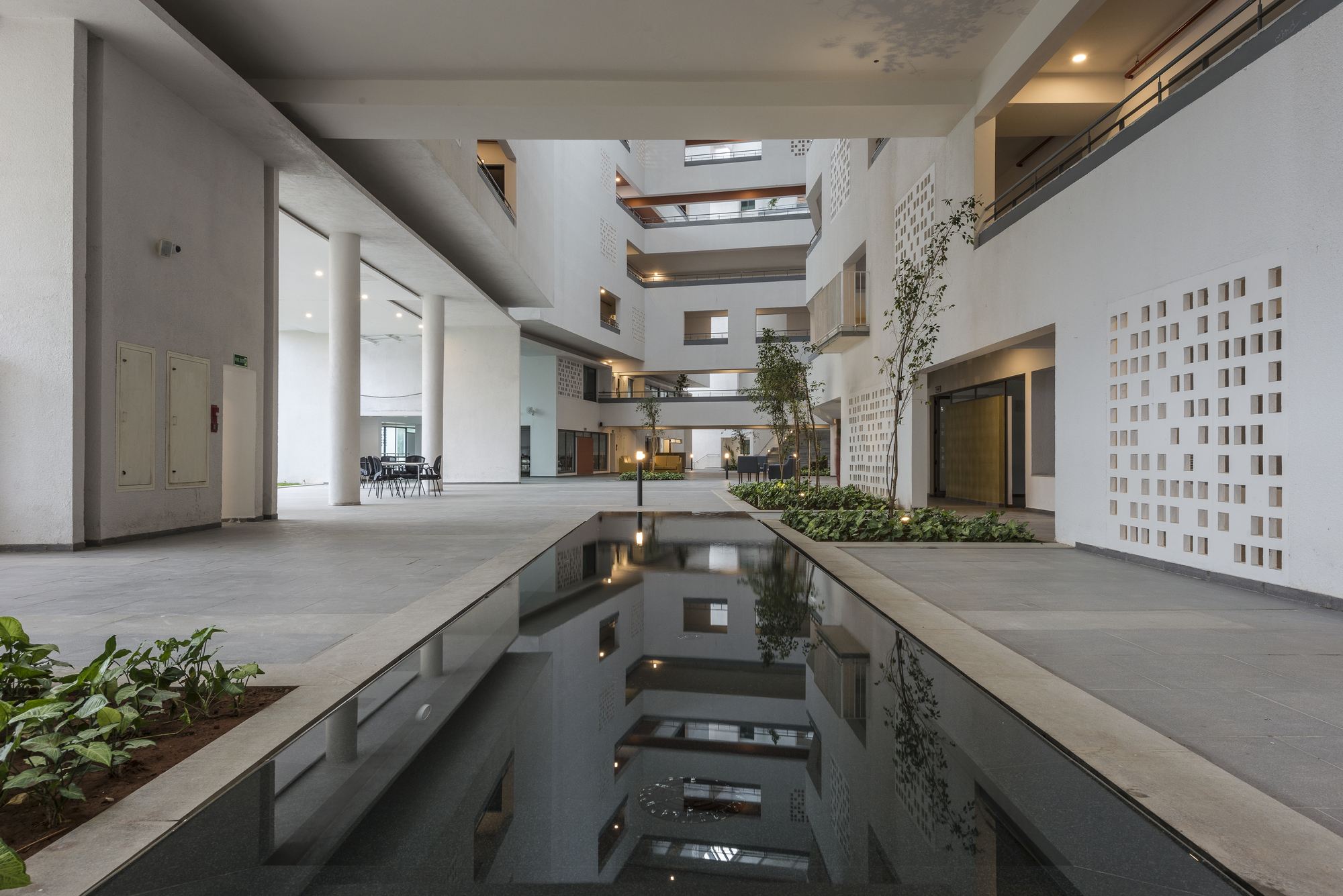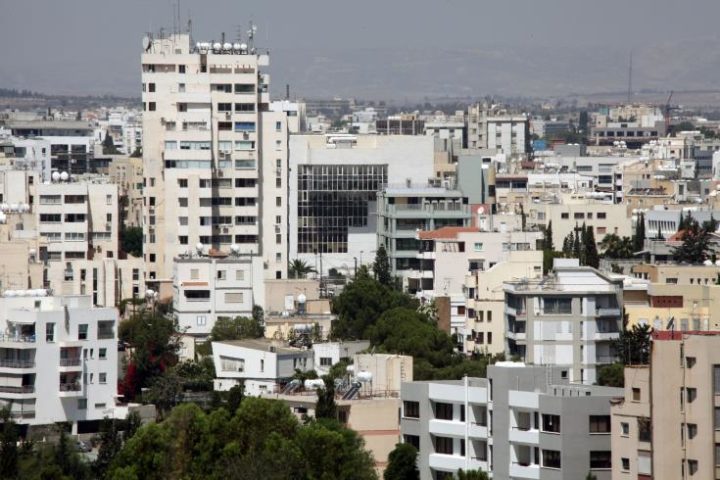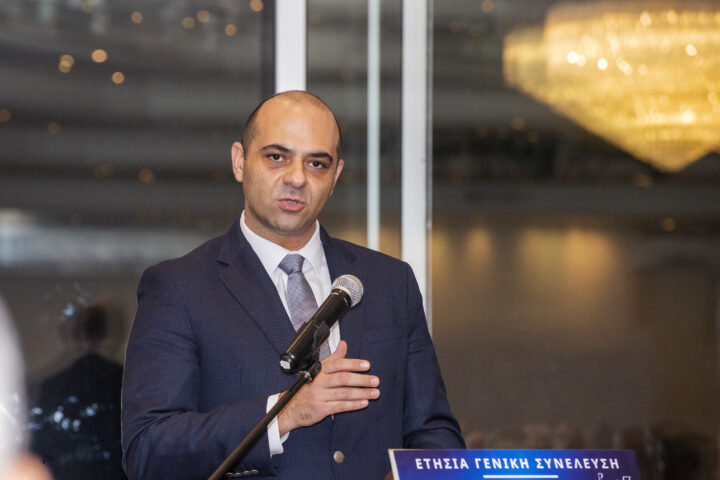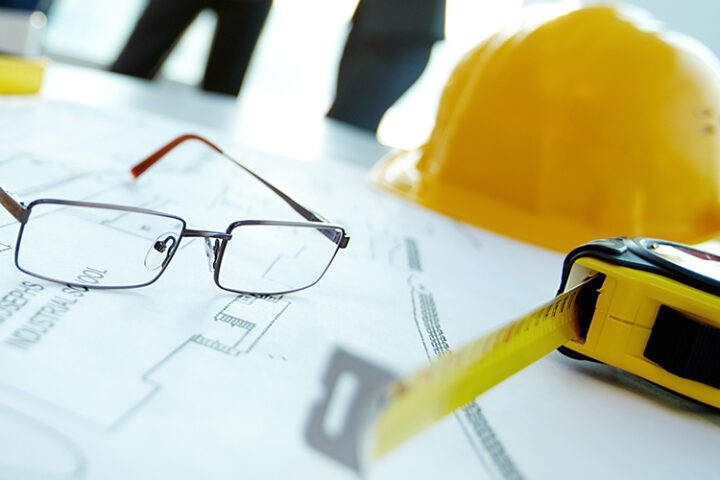For many years in America and now in Europe, the construction of retirement housing complexes has become more bespoke.
The relatively recent developments in Spain also show the trends of this new concept, which may be of interest to Cypriot real estate developers and investors.
When one refers to retirement homes, in the mind of every Cypriot comes the wretched image of most nursing homes, which can only be described as an embarrassment.
Although there are new units of high standards, the new concept of retirement homes is more upgraded, aimed at Cypriot and foreign buyers and investors.
These projects have their specifications, are of high quality and with facilities for the tenants.
It combines full ownership and an organised complex with full management.
In general, the cycle of residence in Cyprus starts with the young couple who buy an apartment, then move to a three or 4-bedroom house, perhaps with a swimming pool.
When they reach the age of 65+ years, and the couple remains active, they start looking for an alternative.
The existing unit becomes too big to handle and lonely, while the maintenance cost and the various levels of the residence make it difficult to stay and live pleasantly.
Families are no longer as closely connected as they were years ago, whereas children do not visit or care much about the “elderly” parents, and friends are dwindling. Traffic and transport problems are an added consideration.
Retirement housing projects are aimed at active retirees who wish to have their home but which reflect their living conditions at that age.
In general, these projects have the following specifications:
- Organised complex with 30-60 units, mainly one or two bedrooms.
- The units should be open plan and same level (ground floor preferable) with a small garden, or if on two levels, there should be a private elevator.
- The doors and elevators should be wide enough to fit a wheelchair.
- The units must be fully equipped with furnishings (kitchenware, air conditioning).
- The central facilities include the main administrative building (bar, activities rooms, billiards), spa facilities and an indoor heated pool, but of a shallow depth (1.40 m).
- All units to have modern security systems, direct connection to the receptionist, internet and numerous TV channels.
- Organised regular visits and a connection with a medical centre for the needs of the residents and possibly a private minibus for transportation and excursions.
These units should be available in the form of a long-term rental, the period of which depends on the buyers’ age and the project’s terms.
If we accept that life expectancy in Cyprus is, on average, 82 years, and the buyer is 65, then a rental of 20 years is reasonable.
The buyer prepays this rent, and if, before the expiration of the rental, they wish to dispose of it, they can pass the rental period to a third person, in consultation with the owner of the property, for an extension.
So, the original buyer is not trapped for their lifetime.
If the buyer is not a permanent resident, they should be allowed to rent their unit to third parties during vacant periods through joint management.
Outdoor activities can include tennis courts, green bowling, and laser shooting, which are more suitable for such ages.
This is not a “hotel complex” where everyone uses their unit as an absolute owner, without any restrictions, but there are the organisation, administration and management issues to consider.
So, each buyer can have their car and all those amenities of absolute ownership.
The advantages of such concepts are:
- People of mature age who can socialise or not.
- Existence of cleaning, maintenance, and management services of common areas.
- Companionship and association.
- The possibility of using personal assistance (live-in maid) within the unit of each buyer.
- Independence from children and friends that perhaps these retirees do not want further contact with.
- You are not obliged to buy the house, e.g. two bedrooms, for at least €250,000 for a period that will exceed the lifespan, but at least for 30 years, the equivalent value or cost will be around €180,000, while for 20 years €155,000 and 15 years €130,000. And there is the possibility of rent or resale of the lease.
- It is understandable that in such projects, the cost of management and utilities is high and may exceed €5,000-7,000/year. But, on the other hand, this cost is not particularly high as an additional cost of an absolute property, in contrast to the maintenance costs of a privately owned home, taxes.
Ideal locations might be 3-5 km from coast towns that offer views and facilities near or next to villages offering shops, supermarkets, and recreation centres.
The main qualification is available space and land comfort.
An ideal project example is the former Kermia complex in Ayia Napa, which meets most standards except for the distance from the cities and the dull winter seasons.
In this relatively low hotel occupancy period, the purchase or conversion of existing tourist village projects could also be a solution, but this will be addressed mainly to foreigners.
For comparison, a double room in a quality medical centre or retirement room, along with food, costs about €1,600/per person each month, which includes care, and if there are two in one room, it could drop to €900/pp month.
Projects such as the one proposed above could interest investment funds, insurance companies, provident funds for retired people and others.
As innovative as it may seem, projects such as these that started in Florida will not be appearing in Cyprus soon.
Antonis Loizou F. R. I. C. S. – Antonis Loizou & Associates EPE – Real Estate Appraisers & Managers of Development Projects










